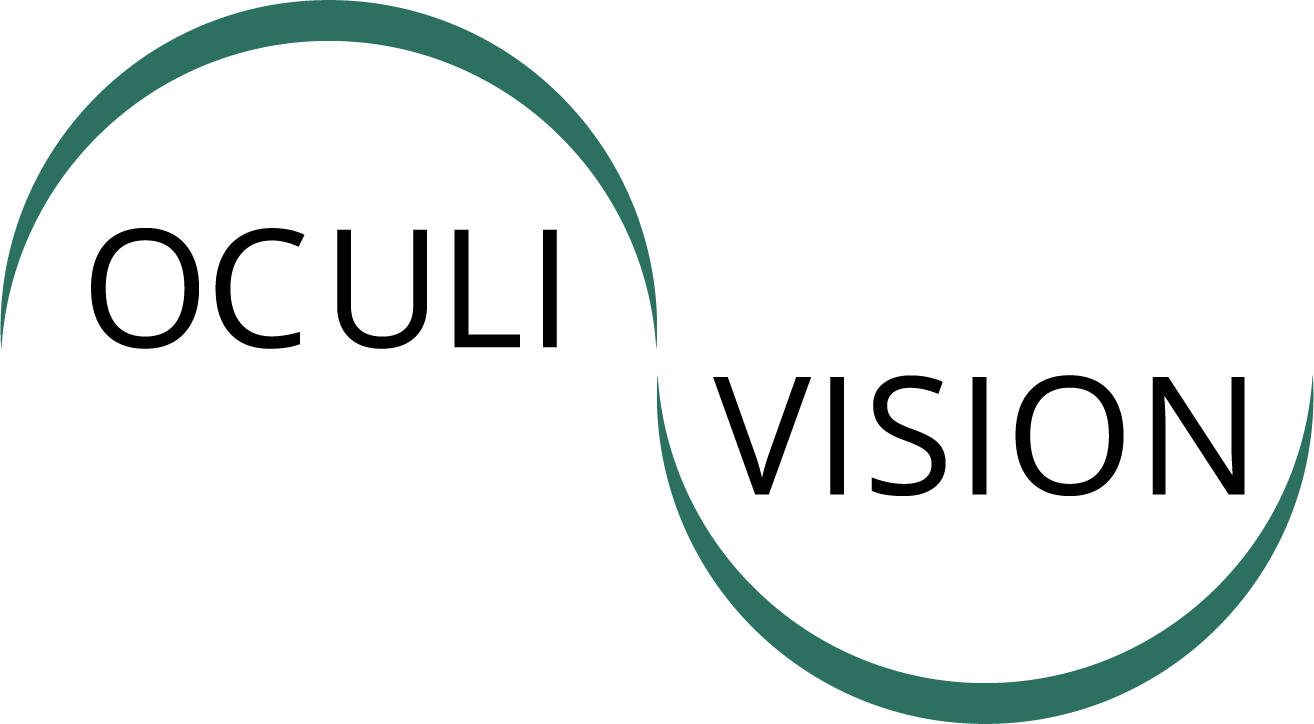Age affects everyone’s vision differently. We each come from diverse backgrounds with distinct levels of risk. However, one of the most common eye conditions in older adults is known as cataracts. This condition is a natural part of aging, and it can occur without warning. Though symptoms of cataracts are generally mild, they usually worsen over time if left untreated. Here we briefly discuss what cataracts are and what causes them, as well as some effective treatments.
Symptoms of Cataracts
The human eye is a delicately balanced organ. It includes many different tissues that function together and allow you to see clearly. One of these is the lens, an important structure that regulates the amount of light coming into the eye.
An eye’s lens must be transparent to function properly. This allows incoming light to freely pass through and focus on the retina behind it. Unfortunately, lenses can become opaque after an injury or illness, or naturally over time. These opacities are what we call cataracts, and they can occur in either one or both eyes.
The symptoms of cataracts are often minor at first. They may even be unnoticeable for several years. Eventually, they tend to make vision blurry, colors appear faded, or lights seem unbearably bright. They can also create double vision and halos around light sources. Those with moderate diagnoses often have trouble seeing well at night, and severe cataracts can sometimes cause vision loss.
What Causes Cataracts?
Like many conditions, cataracts tend get worse with age. They can appear around age 40, but they’re much more likely after age 60. In fact, they affect nearly half of all American adults over age 75. Cataracts occur when proteins within the eye’s lens break down and cluster together. While this happens naturally over time, there are a wide variety of other factors that contribute to one’s risk.
The risk of developing cataracts can change for a number of reasons. For example, those diagnosed with diabetes tend to experience higher rates of this condition. Obesity, high blood pressure, tobacco smoking, alcohol abuse, and overexposure to sunlight also add to one’s risk. Eye injuries, surgeries, and inflammation may further increase one’s chances of developing cataracts. Family history, poor air quality, and prolonged use of some steroid medications are also common risk factors.
Prevention, Diagnosis, and Treatment of Cataracts
Cataracts are a natural result of aging. There’s no surefire way to avoid them, but lifestyle changes and regular eye exams can help reduce your risk. Minor forms of this condition may need little to no treatment, but more advanced stages often call for surgery.
The best way to prevent being diagnosed with cataracts is to lead a healthy lifestyle. Wear sunglasses and a wide-brimmed hat to block direct sunlight when outside, and quit smoking as soon as possible. Eat a balanced diet with plenty of vitamin-rich fruits and vegetables such as citrus, spinach, and broccoli. Research shows that heavy alcohol use significantly increases the risk of cataracts, so limit daily consumption to two drinks at most. We also recommend getting a dilated eye exam at least every two years if you’re over 60 years old.
Optometrists can diagnose cataracts during an eye exam. They do this by dilating your pupil with special eye drops and looking within the eye for obstructions. Those diagnosed with cataracts may only need minor interventions, such as brighter lights, anti-glare sunglasses, or special prescription eyeglass and contact lenses. After Dr. Layton diagnoses a patient with this condition, she will refer them to an ophthalmologist if surgery is needed. The patient then returns to Oculi Vision for post-op care and ongoing support.
Age has a way of catching up with all of us, but leading a healthy lifestyle can reduce the risk of many debilitating conditions. If you’re experiencing any symptoms of cataracts, then we encourage you to contact us for a comprehensive eye exam. An early diagnosis is vital for effective treatment, and we can help give you the peace of mind needed to live with confidence.

